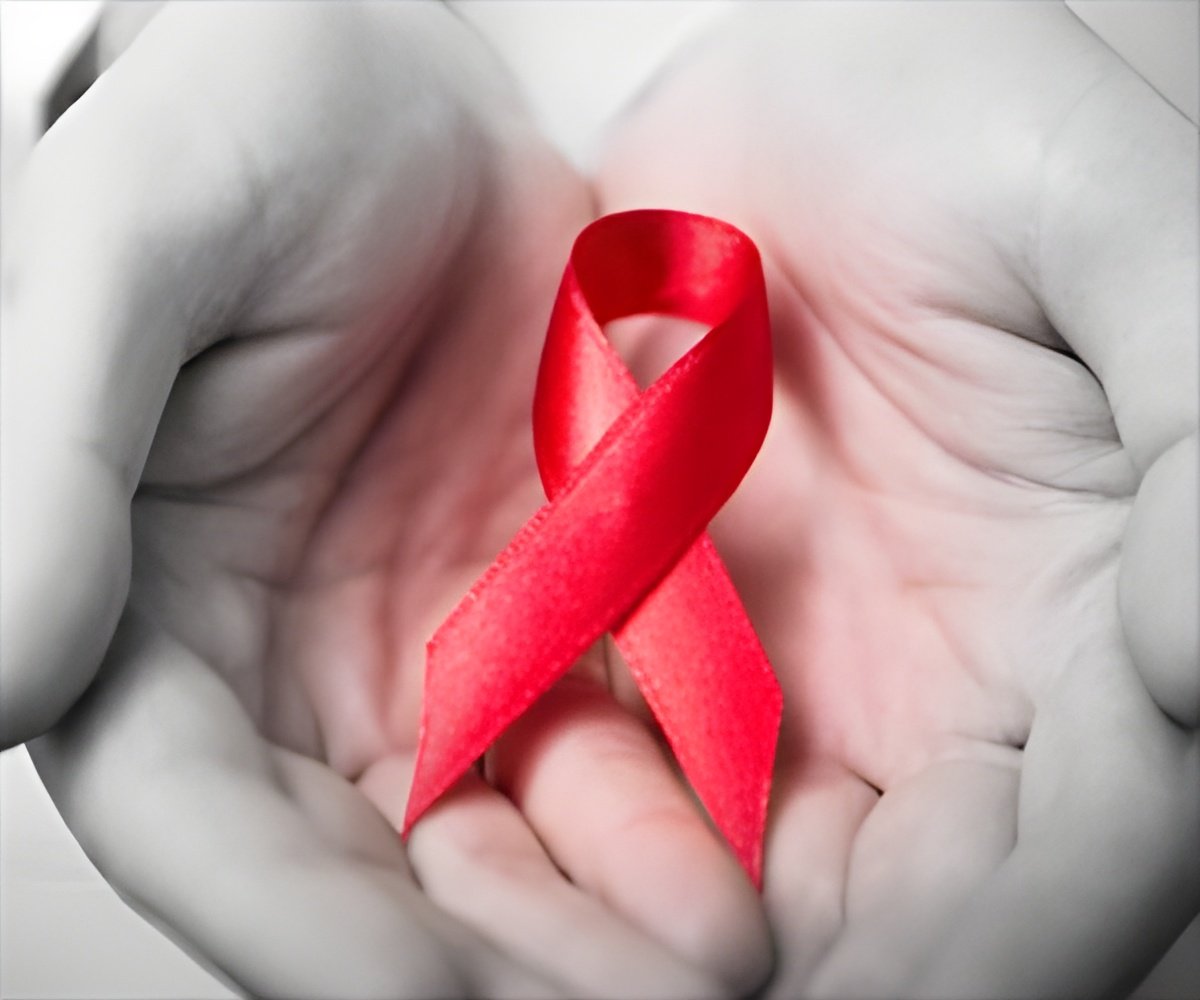A single daily pill is thought to prevent HIV. The drug in question is Truvada, an oblong blue pill that combines two antiretroviral medications tenofovir and emtricitabine.

The drug in question is Truvada, an oblong blue pill that combines two antiretroviral medications -- tenofovir and emtricitabine.
"In the medical community, this is more of a controversial, divisive issue than I ever thought it would be," said Ray Martins, chief medical officer at the Whitman-Walker Clinic.
Martins told AFP a month's supply of pills costs between $1,200 and $2,000, which is usually covered by health insurance. Side effects are rare but can include nausea, bloating and diarrhea.
Made by Gilead Sciences in California, Truvada was already available as a medication for HIV-positive patients when it was approved by US regulators in 2012 as a prevention strategy for people who are HIV-negative but engage in sex with HIV-positive partners, or who inject drugs.
On Wednesday, the US Centers for Disease Control and Prevention issued its first formal guidelines for doctors, urging them to recommend the prevention pill for patients at substantial risk of getting HIV.
Advertisement
- 'Truvada whores' -
Advertisement
Weinstein predicted the guidelines "will likely have catastrophic consequences in the fight against AIDS in this country."
He has also described Truvada as a "party drug," sparking a fresh wave of angst among supporters of pre-exposure prophylaxis, or PrEP, whereby healthy people take antiretrovirals as a way to prevent HIV infection.
AHF spokesman Ged Kenslea said Truvada is available in AHF's pharmacies, and that the group does not oppose PrEP if a doctor and patient agree it could be useful in a given situation.
"The government's wholesale endorsement, we believe, is dangerous and will result in needless new infection," Kenslea explained.
Human nature, the inability to take pills daily even among the most responsible adults, and the rise in syphilis among gay men are all reasons cited for concern.
The backlash against Truvada -- the only pill presently approved for HIV prevention -- has led some gay men to speak out in favor of it, even describing themselves online as "Truvada whores" in a tongue-in-cheek gesture.
One of them is Bradley, 28, a San Francisco technology worker who tweets as @TruvadaWhore and asked that his last name not be published.
"I am adamantly against slut shaming and policing of people's consensual behavior," he said in an interview.
"PrEP may not work for or be accessible to everyone, but I want to celebrate its effectiveness and fight stigma."
- Science of 'risk' -
Studies have shown that when taken regularly, Truvada is effective against HIV transmission by up to 92 percent, the CDC said. However, when patients failed to take it daily, its effectiveness dropped steeply.
As to whether PrEP encourages riskier sex, Whitman-Walker clinical research director Richard Elion said studies on thousands of people have shown it does not.
"The evidence is quite clear. There is no documentation of increased risk behavior," he said.
"We are not seeing more syphilis in the people on PrEP studies."
Still, relatively few people are taking Truvada for prevention. A Gilead spokeswoman said that as of September 2013, reports from half of US retail pharmacies showed 2,319 people had started taking it for PrEP.
If Truvada goes mainstream and the CDC guidelines are followed, experts believe prescriptions could increase to 500,000 a year.
Already, some small changes are evident. Those who frequent gay dating sites may now list "PrEP" as their HIV status, adding a new category to the old standbys of "Positive," "Negative" or "Ask Me," according to Cyle Durkee, 34, an actor and author who lives in the US capital.
Durkee said he decided to enroll in a one-year study of Truvada after he went for an HIV test -- which was negative -- and his doctor told him about Truvada.
"Just being sexually active in DC can be incredibly risky," Durkee told AFP.
"I have literally never met a guy who gives head with a condom on. Technically, that is risky behavior."
Washington's HIV crisis is among the worst in the nation, with some three percent of residents infected, or triple what the World Health Organization considers an epidemic.
A recent survey issued by the mayor's office also found that only about half of gay men used condoms.
Durkee said he has been taking Truvada for several months now and only experienced some bloating initially.
He was also only slightly aware of the backlash.
"I have not gotten a single negative word about it from anybody," he said.
"If this will help eradicate HIV, then I will happily take some pills."
Source-AFP













